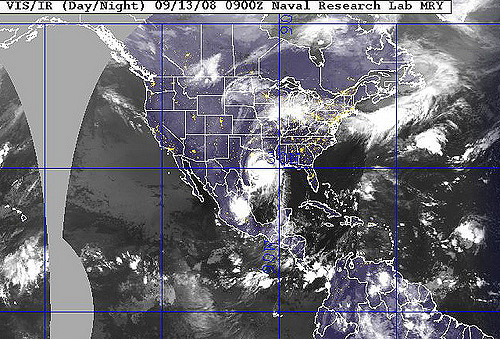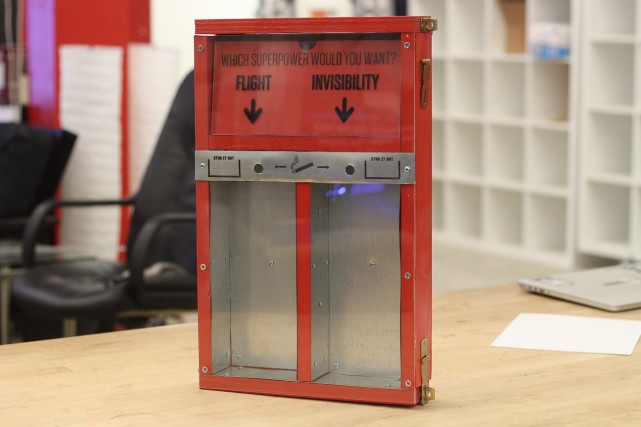While the Urban Edge strives to provide readers with daily news and insights about urban policy, we’re also voracious readers of city news ourselves. As part of a new weekly feature, Senior Editor Ryan Holeywell highlights the week’s most interesting articles from around the web about urban policy and city life.
Hell and High Water: Houston's Perfect Storm
Nonprofit news outlets Texas Tribune and ProPublica team up for a multimedia story about the dangers facing the country's fourth-largest, home to refining and petrochemical plants that are vulnerable to the next big hurricane. The story argues that if 2008's Hurricane Ike had just a slightly different path and slightly stronger winds, thousands would have been killed and the local economy would have been crippled.
House Flipping Is Making a Comeback in Las Vegas
 Image via flickr/jan buchholtz
Image via flickr/jan buchholtzHouse flippers were ubiquitous in the early 2000s, but they largely disappeared after the housing market went bust. Today, the field is making a steady comeback in Las Vegas, of all places, where flips made up more than 10 percent of all home sales during Q3 of 2015, Bloomberg reports. The relatively low price of homes greater Las Vegas makes it the perfect spot.
Boston's Playful New Campaign to Get Smokers to Stop Littering
Boston's new "Neat Streets" initiative includes five cigarette butt receptacles that try to turn the act of putting out a smoke into a game. Each "ballot bin" features an intriguing question and allows smokes to vote on the answer by sticking their butt in one side or the other.
The Problem With How We Measure Housing Affordability
 Image via flickr/ Lucas Fox
Image via flickr/ Lucas FoxCity Observatory presents a thoughtful analysis that shows there's often more to the story when exploring issues of housing affordability then the common assumption that a place is "affordable" if it costs less than 30 percent of a resident's income. The measure doesn't account for the fact that, depending on how much you start with, leaving 70 percent of income left over for non-housing expenses might not be much. It also doesn't provide insight into the sort of amenities or opportunities one gets with housing.
Turning Americans’ Bad Food-Waste Habit Into Renewable Energy
 Image via flickr/Nick Saltmarsh.
Image via flickr/Nick Saltmarsh.Food is the single largest material in America's landfills, and every year, the average American household tosses an average of $640 worth of the stuff into the trash. Now, a growing number of cities are looking at ways of diverting food waste from landfills, Governing reports. One concept being pioneering in Philadelphia is transforming food into biogas, a renewable energy source that can produce electricity and fuel municipal fleets.



